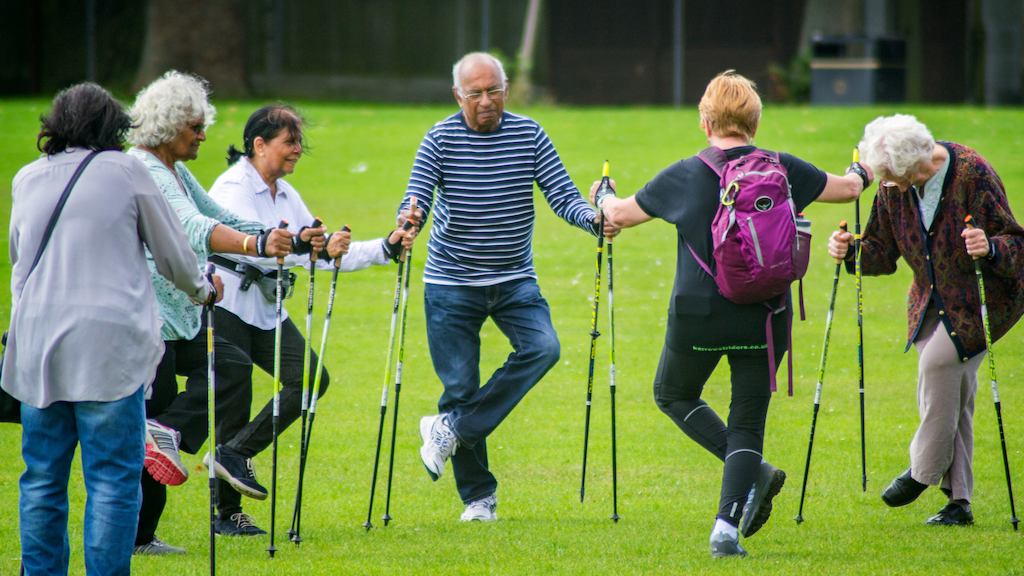Muscle strengthening in particular can help to prevent falls among older people, responsible for an estimated 95% of all hip fractures, which cost the NHS over £1 billion every year.
The Chief Medical Officer’s guidelines encourage people to undertake weekly aerobic exercise such as walking, running or cycling. As well as sitting less, people need to do at least two additional weekly activities - such as carrying heavy shopping and Tai Chi - to strengthen muscles and improve balance.
The 2016 statistics released this week also show there’s been no significant increase in the number of people reaching these physical activity measures since previous data published in 2012.
Low muscle strength and poor balance are key risk factors in later life for having a fall. In the last two years in England, over a quarter of adults over the age of 60 and almost 40% of adults over the age of 80 reported a fall.
The Centre for Ageing Better is undertaking a review of how muscle strengthening and balance activities in particular can improve people’s long-term health and wellbeing. It believes more needs to be done to raise awareness of the guidelines given physical activity to improve strength and balance can prevent falls and help older people stay living independently.

